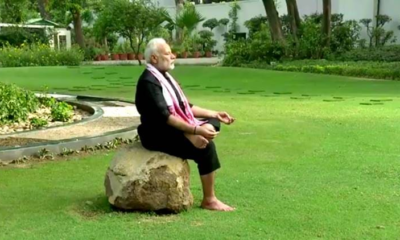The Brihanmumbai Municipal Corporation (BMC) is embarking on a significant initiative to create a waste to energy (W2E) plant at the Deonar Landfill.
Understanding W2E Plants
This plant aims to recycle 600 Metric Tons (MT) of waste per day, ultimately generating at least 17 million units of electricity annually. A waste to electricity plant is a facility where solid waste components are scientifically combusted to generate electricity. Through the process of incineration, waste materials are burnt, and the resulting energy is harnessed for various purposes.
Mumbai’s Daily Waste Generation
On a daily basis, Mumbai generates approximately 6,385 MT of solid waste. The majority of this waste, around 5,500 MT to 5,700 MT, is transported to the Kanjurmarg waste facility for segregation and treatment. However, the remaining 500 MT to 600 MT is sent to the open landfill in Deonar, where it remains untreated.
Benefits of the Waste to Electricity Plant
Once operational, the W2E plant will recycle the entire bulk of 600 MT solid waste from the Deonar landfill, thus helping to generate power. Additionally, this process will enable civic officials to reclaim the 120 hectares of land currently buried under piles of garbage at the Deonar landfill.
Current Progress and Future Plans
The BMC appointed a consultant for the construction of the plant in 2022, and approximately 10 per cent of the total work has been completed thus far. The estimated cost of building the plant is Rs 504 crore, with a target deadline of 2026 for operational readiness.
Administrative Perspective
According to BMC additional municipal commissioner Sudhakar Shinde, the primary objective is to utilize the bulk of solid waste generated daily efficiently. The electricity generated from the plant can be utilized for essential purposes such as street lighting, powering hospitals, and residential clusters. Moreover, the long-term goal is to free up the land currently occupied by garbage mountains at the Deonar landfill, ultimately repurposing it for the benefit of citizens.
By harnessing the potential of waste to generate electricity, Mumbai’s waste to electricity plant represents a significant step towards sustainable waste management and resource utilization in the city.






































